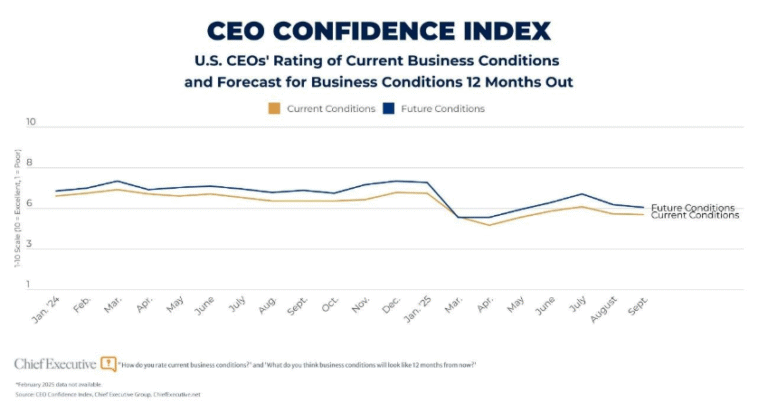
While the cuts are not as severe as those that followed the 2008 financial crisis, companies remain cautious, mindful that revenue growth is still tepid. As a result, many appear to be more comfortable wringing efficiencies out of their businesses than gearing up for accelerated production.
Many leaders are saying that they cannot take the risk indicating a somewhat bearish attitude despite rumblings that such cuts may be too deep at this stage in the economic cycle, and may inhibit companies from responding if and when demand takes off.
“Corporate America has cost-cut just about as much as they can,” Jeffery Saut, chief investment strategist at Raymond James Financial, told Moneycontrol.com. “I think the economy is going to pick up, and if you’re understaffed and don’t have enough throughput in your factories, yeah, I think you’re going to miss out on some things.”
Reports indicate that some companies, including Coca Cola Corp and 3M Co , are expecting an uptick in demand through next year. And U.S. business spending on capital goods is rising and even as Europe is showing some very early signs of life.
Thomson Reuters data indicates that revenue growth among S&P 500 companies over the next six months is expected to rise 2.2 percent, and 3.9 percent in the first six months of 2014. That compares with the 0.8 percent rise that companies posted from January through June of this year. Even GE whose order books look robust is eyeing cost controls as ever before. Chief Executive Jeff Immelt told analysts recently that cost controls were one of the company’s “execution levers,” given that he sees no improvement in the business environment for the rest of the year. GE said it planned to cut costs this year with a mix of layoffs, coordination of large purchases of supplies and its “simplification program,” though the Fairfeld, CT conglomerate declined to provide details.
Such overall cost reductions were part of a brutal cost-cutting cycle that helped businesses build a $ 1.8 trillion cash stockpile. “The absence of revenue growth is what’s driving the cost cuts,” Vertical Research Partners analyst Jeff Sprague told Moneycontrol. “Companies continue to run things very tightly. They can’t control the macro, so they’re trying to control what they can.”
“Investors are expecting a certain return,” said Greg Harrison, senior research analyst for Thomson Reuters. “When revenue is not growing and the economy is growing slowly, the only way to give them that return is to cut costs or buy back shares.”



Chief Executive Group exists to improve the performance of U.S. CEOs, senior executives and public-company directors, helping you grow your companies, build your communities and strengthen society. Learn more at chiefexecutivegroup.com.
0

1:00 - 5:00 pm
Over 70% of Executives Surveyed Agree: Many Strategic Planning Efforts Lack Systematic Approach Tips for Enhancing Your Strategic Planning Process
Executives expressed frustration with their current strategic planning process. Issues include:
Steve Rutan and Denise Harrison have put together an afternoon workshop that will provide the tools you need to address these concerns. They have worked with hundreds of executives to develop a systematic approach that will enable your team to make better decisions during strategic planning. Steve and Denise will walk you through exercises for prioritizing your lists and steps that will reset and reinvigorate your process. This will be a hands-on workshop that will enable you to think about your business as you use the tools that are being presented. If you are ready for a Strategic Planning tune-up, select this workshop in your registration form. The additional fee of $695 will be added to your total.

2:00 - 5:00 pm
Female leaders face the same issues all leaders do, but they often face additional challenges too. In this peer session, we will facilitate a discussion of best practices and how to overcome common barriers to help women leaders be more effective within and outside their organizations.
Limited space available.

10:30 - 5:00 pm
General’s Retreat at Hermitage Golf Course
Sponsored by UBS
General’s Retreat, built in 1986 with architect Gary Roger Baird, has been voted the “Best Golf Course in Nashville” and is a “must play” when visiting the Nashville, Tennessee area. With the beautiful setting along the Cumberland River, golfers of all capabilities will thoroughly enjoy the golf, scenery and hospitality.
The golf outing fee includes transportation to and from the hotel, greens/cart fees, use of practice facilities, and boxed lunch. The bus will leave the hotel at 10:30 am for a noon shotgun start and return to the hotel after the cocktail reception following the completion of the round.